Liza Minnelli was born on this date in 1946. A handful of her tracks are included on today’s playlist.
Follow Tunes du Jour on Facebook
Follow Tunes du Jour on Twitter
Follow me on Instagram
The theme of today’s playlist is cover versions of songs that originated in stage musicals. Here are the songs listed with the shows that introduced them:
Follow Tunes du Jour on Facebook
Follow Tunes du Jour on Twitter
Follow me on Instagram
Is technology ruining music? I’ll answer that with another question: If we had GPS in the 1960s, would we have gotten “Do You Know The Way To San José?” If you request Alexa to play “Do You Know The Way To San José” by merely stating its title, would Alexa play it or ramble on about making a left here and bearing right there, which would make for a real crap song? When presented with “Do You Know The Way To San José” by its writers, Burt Bacharach and Hal David, Dionne Warwick was not taken by it. “What is this whoa whoa whoa whoa whoa whoa whoa whoa whoa crap?” she asked. I’m paraphrasing. She eventually came around, for decades later she said that winning the Grammy Award for Best Female Pop Vocal Performance for her recording of that song was the highlight of her career.
Dionne Warwick was born on this date in 1940. Lots of songs performed by her are included on today’s playlist.
Follow Tunes du Jour on Facebook
Follow Tunes du Jour on Twitter
Follow me on Instagram
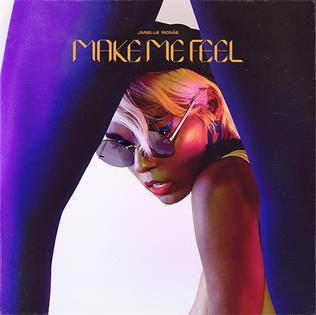
Inspired by the season and the December 1 birthdays of Bette Midler, Janelle Monae, Basement Jaxx’s Simon Ratcliff, Lou Rawls, Richard Pryor, Billy Paul, Gilbert O’Sullivan, Mary Martin, Woody Allen, Treat Williams, Sarah Silverman, Julee Cruise, Jonathan Coulton and Matt Monro.
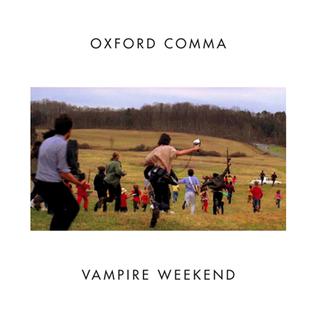
Inspired by the April 8 birthdays of Vampire Weekend’s Ezra Koenig, The 1975’s Matty Healy, Biz Markie, L7’s Donita Sparks, Hinds’ Carlotta Cosials, and composer Fred Ebb (Cabaret, New York New York), and the passing of John Prine.
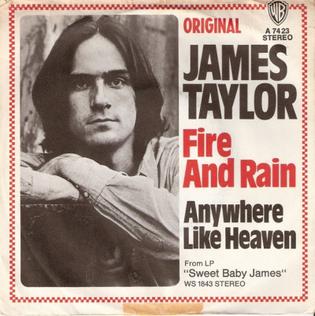
Inspired by the March 12 birthdays of James Taylor, Blur’s Graham Coxon, Liza Minnelli, Libertines’ Pete Doherty, La Roux’s Elly Jackson and Jack Kerouac; and the March 11 birthdays of Cheryl Lynn and Bobby McFerrin.
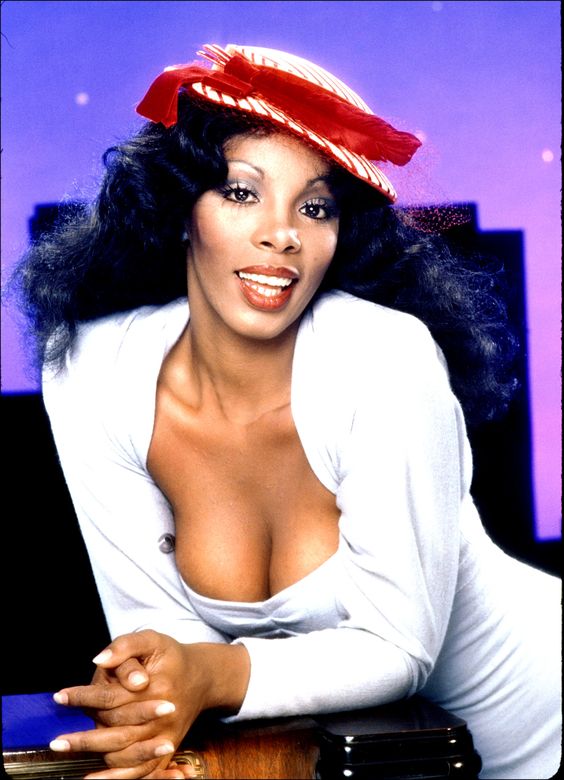
Born LaDonna Gaines in Boston, Massachusetts on the last day of 1948, Donna Summer became a worldwide superstar in the 1970s. She earned the title “The Queen of Disco,” which is accurate and limiting at the same time. Sure, she scored over two dozen top forty hits on Billboard magazine’s Disco/Dance chart; however, her voice and repertoire were not bound by genre, and she placed entries on the Rhythm & Blues and Adult Contemporary charts and has 14 US top ten pop hits to her name.
The first of those pop hits was “Love to Love You Baby,” which reached #2 in 1976. Our playlist begins before that hit, with vocals she provided for a Peter Thomas recording around the beginning of the decade.
Performing musical theater, she joined the cast of a road version of Hair, which brought her to Germany, where she performed in that country’s language. You can hear her German version of “Aquarius” on the YouTube playlist that accompanies this post. (The YouTube playlist encompasses recordings that cannot be found on Spotify at this time.)
Two other significant things happened to LaDonna Gaines in Germany: She married fellow actor Helmut Sommer, and she met producers/songwriters Giorgio Moroder and Pete Bellotte. Moroder and Bellotte signed her to their record label, and the trio began work on her debut album, on which her name was misspelled on the front cover, giving us Donna Summer.
Donna Summer’s debut album, Lady of the Night, produced the singles “The Hostage” and the title track, with the former going to #1 in Belgium and #2 in The Netherlands and the latter cracking the top 40 in Germany as well as being another top five single for her in The Netherlands.
Then came “Love to Love You Baby.” Initially released in The Netherlands as “Love to Love You,” the song was heard by Casablanca Records head Neil Bogart, who suggested they extend the song. The nearly seventeen-minute version was serviced to US clubs in September 1975. Record World magazine’s disco reporter Vince Aletti wrote it sounds “like nothing else I’ve heard before.” Clubgoers shared his enthusiasm, sending the song to #1 on the disco chart for four weeks beginning the month after its release.
While “Love to Love You Baby” was rocketing up the pop chart, Summer’s follow-up became her second #1 disco hit. “Try Me, I Know We Can Make It” is actually four songs: “Try Me,” “I Know,” “We Can Make It,” and “Try Me, I Know We Can Make It.” Those four songs encompassed side one of Summer’s A Love Trilogy album, with side two providing three more top ten disco hits: “Could It Be Magic” (a cover of Barry Manilow’s pop hit from the previous year), “Wasted” and “Come with Me.”
Later in 1976 came yet another album from Summer, Four Seasons of Love. Billboard listed every cut from the album as #1 on the disco chart, where they remained for six weeks. A few months later she released I Remember Yesterday, where once again, all cuts were listed in the #1 position on the disco chart. From that album came the classic “I Feel Love,” about which Brian Eno said to David Bowie “This single is going to change the sound of club music for the next fifteen years.” Bowie agreed.
You may think all this product in quick succession would create a glut from which the public would want a break, but the stats show the exact opposite. Summer’s “Theme from The Deep” (on the YouTube playlist) became a disco hit. “Last Dance” became a disco and pop hit. The double album Once Upon a Time went to #1 on the disco chart (again with all cuts listed). She followed this up with another double album, Live and More (which includes “MacArthur Park” and “Heaven Knows”). Then came another double album, Bad Girls, her commercial and artistic pinnacle.
An interesting piece of trivia for chart geeks: Up to this point every Donna Summer single serviced to dance clubs hit the disco top ten, with her spending 29 weeks at #1 on the chart between 1975 and 1979. Her first entry to make the disco chart but miss its top ten? “Dim All the Lights,” which peaked at #54. Go figure. You may know that song. It performed way better on the pop and rhythm & blues charts.
Let’s pause for a moment and consider not only the quantity of material Summer released and struck gold with. Let’s also look at the quality. These are great records. (Okay, the Live part of Live and More is good, not great.) Disco was predominantly a singles medium, yet Summer cranked out albums that sustained interest throughout. Double albums at that.
A double greatest hits album wrapped up her tenure at Casablanca Records, producing what would be her final #1 on the Disco/Dance Club chart for 15 years, “No More Tears (Enough Is Enough),” a collaboration with Barbra Streisand.
Her star cooled a bit when she released her first post-Casablanca record in 1980. Several factors contributed to this, including the (US) backlash against disco and disparaging remarks attributed to her about gay people, a core and loyal audience until that point. (In 1989 she denied making this comments, saying she would have addressed the controversy earlier but her publicist shielded her from any negative press, so she was unaware. I’m not saying I buy that; I am glad she addressed it.) Also, at the request of her new label’s head, David Geffen, she split with producers Moroder and Bellote following her 1980 album The Wanderer (actually, following that album’s follow-up, I’m a Rainbow, which was shelved until a slim-downed version’s release in 1992).
Despite the dip in popularity, she was far from over. In the eighties she hit the pop top ten with “The Wanderer,” “Love Is In Control (Finger on the Trigger),” “She Works Hard for the Money” and “This Time I Know It’s for Real,” all of which also made the dance top ten. Her pop chart success in the US ended with 1989’s “This Time I Know It’s for Real.”
While she never again hit the US pop top forty, back in the dance clubs she returned to the apex again and again, scoring seven #1s and three additional top tens between 1995 and her death in 2012.
The Donna Summer playlists below include her pop hits, her dance hits, the best non-singles from her studio albums, cuts from compilation albums, songs from soundtrack albums, and some of her guest appearances on other artists’ albums. It may be Labor Day weekend, but Summer never ends at Tunes du Jour!
The YouTube playlist: https://www.youtube.com/playlist?list=PLTkV-h9qkYAyB3JvP5yiWJC6Kf8Lknvc0
Click here to like Tunes du Jour on Facebook!
Follow me on Twitter!
Follow me on Instagram!
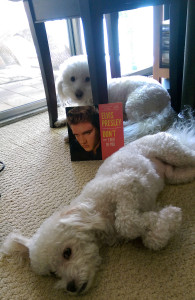
Today is my birthday. Over my 25+ years on earth, I’ve learned many life lessons. Most of them came from songs. My birthday gift to you is a playlist of 100 songs offering advice as to what not to do.
Click here to like TunesDuJour on Facebook!
Follow me on Twitter: @TunesDuJour